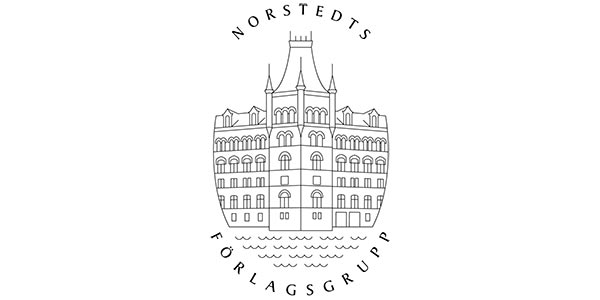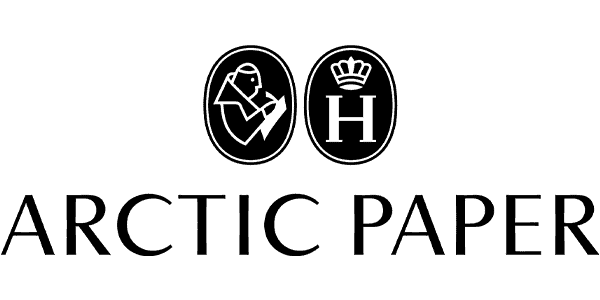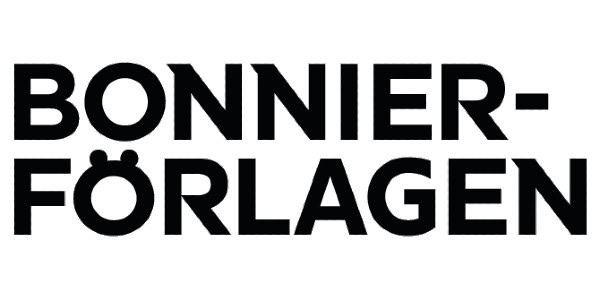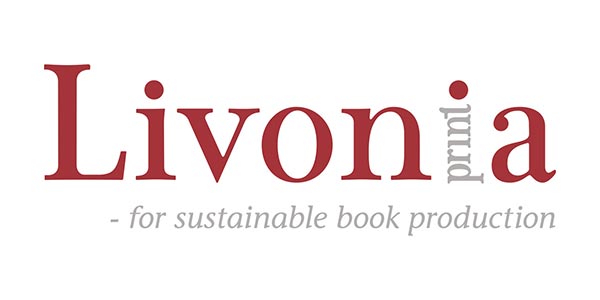
Teachers' Assessment and grading Practices in upper secondary Science Classrooms in Sweden

| Författare | |
|---|---|
| Förlag | Media-Tryck |
| Genre | Samhälle, politik och debatt |
| Format | Häftad |
| Språk | Engelska |
| Antal sidor | 169 |
| Vikt | 318 gr |
| Utgiven | 2017-09-18 |
| ISBN | 9789177534334 |
My unicorn and I forged a friendship that wasv Based a bit on love, based a bit on truth He would capture songs with his indigo horn He knew how to share them with others, That was his vocation (Silvio Rodríguez)
Good teaching and fair grading in natural sciences for young people is the area of interest in this thesis. The author is herself a natural scientist, teacher and pedagogue. Every human has a desire to learn, to satisfy her curiosity and to feel the joy of insights and deeper understanding of our world. In the natural sciences, this may be accomplished by studying nature and its phenomena, organization and laws. Then, by logical reasoning, experiments and assessing the outcome, continuously abandoning and formulating new hypotheses, one can make nature, the basis for human life, more understandable.
A remarkable example of this struggle for truth, this lifelong learning, is Charles Darwin. He devoted his life to the constant search for knowledge. In open, fair discussion, by pure logical reasoning and evidence, he challenged the beliefs of his time, convincing his opponents and opening their eyes to the wonderful world of ours. In honour of true science, fair discussions and good pedagogy, the study of Charles Darwin is depicted on the cover of this dissertation.























